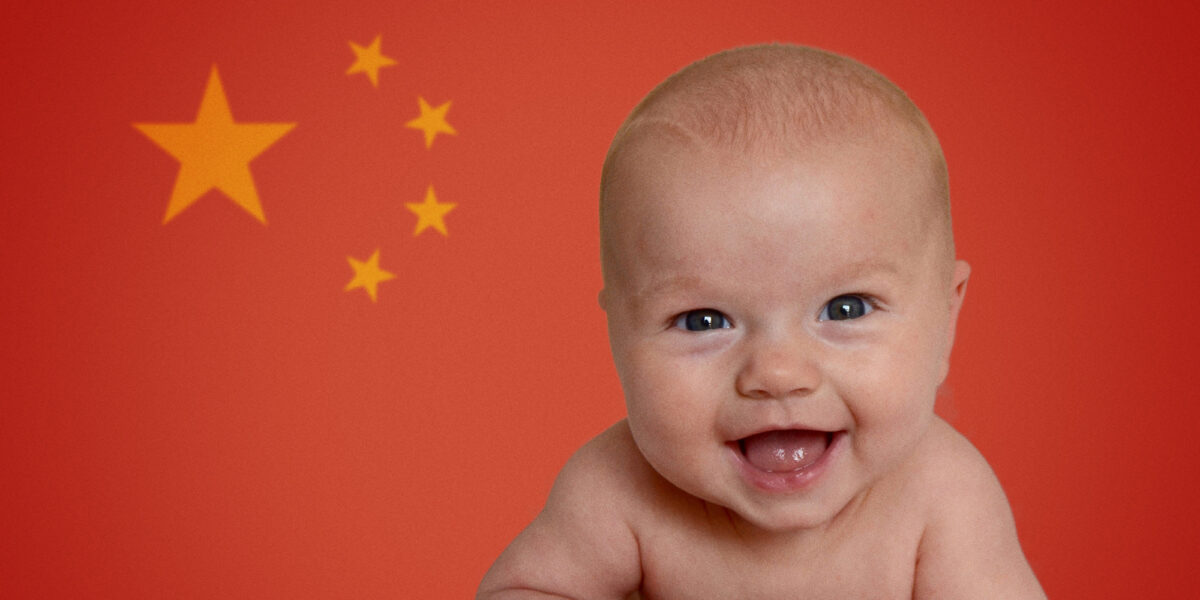Raising a child comes with a steep learning curve. How do you turn a screaming baby into a sleeping angel? Or make a little one giggle? How do you feed a child, cook supper, and double check your grandma’s recipe while chatting on the phone—with one hand. Then there’s that whole imitation phase. No one said it’s easy. But you learn a lot.
Last year, five mission worker couples dove into parenthood. (And we’re thrilled for two more little ones on the way!) They not only learned to parent, but to do so in another culture. Here are five things that they (and some veteran mission workers) have learned in the process:
1. It takes a village to raise a child.
The African proverb still rings true—wherever you are. For Lynda Hollinger-Janzen, who served with her husband, Rod, in Benin, this meant that once their children were walking, they joined a group of neighbor kids, playing together and eating at each other’s houses. “The older ones responsibly looked after the younger ones,” she said. “When it was bedtime, I would go through the neighborhood asking where my kids were. ‘They ate fish and cornmeal here, and then they went that way,’ neighbors would tell me. Eventually, I would find them.”
2. It’s OK to give up control.
Peter Wigginton and Delicia Bravo have lived in various cultures, but raising their daughter, Aliyah, while they serve in Quito, Ecuador, has brought its own set of challenges. “We think twice about everything,” Peter said, mentioning security, food, water, and travel.
Lynda and Rod learned quickly that they couldn’t control their children’s environment. As their children ran about, they didn’t always wash their hands before they ate. “Worm cures were routine about every three months,” Lynda said.
3. There are differences in health care.
“Even good health care for a childbirth abroad can be scary because it’s done differently,” said Nate and Taryn Dirks, who serve in Gaborone, Botswana. Their son, Malakai, was born in May.
4. There’s more than one way to raise a child.
“Third culture kids (children who are raised abroad) learn early on that there are many good ways of living and doing things, that there is not a single story,” said Lynda.
While serving in Benin, Lynda learned to carry her babies on her back. As her children heard her heartbeat and swayed with her movements, “it usually soothed colic and rocked the baby to sleep,” she said. Bonus? Better posture for tired mamas.
5. Having a baby abroad opens up opportunities for relationships.
“Initially, we thought that having a baby would hinder our time with students and other people,” said Kelly McPhail, who with her husband, Brian, served in Bejing, China. “But in many ways it opened up many new opportunities, and people often came over to hang out at our house.”
A week after Brian and Kelly’s daughter, Elsie, was born in May, friends from their Fengtai Church community stayed with Kelly for a day when Brian returned to work. “They arrived in the morning with an armful of fresh fruit and vegetables and stayed until the late afternoon, preparing both lunch and dinner.” But the best part was that they watched the little one so that Kelly could sleep. “It was a very generous demonstration of their love and care for us, and we are so grateful to have been a part of the Fengtai Church community,” Kelly said.
As it turns out, raising children abroad does bring its own unique challenges. But maybe parents around the globe have more in common than we think. After we look past the differences in how we raise children, aren’t we all hoping that our children turn out to be productive members of society? As I look at my own 1-year-old, I pray that someday at the very least, she will learn to look past her own differences and play nicely with others.








